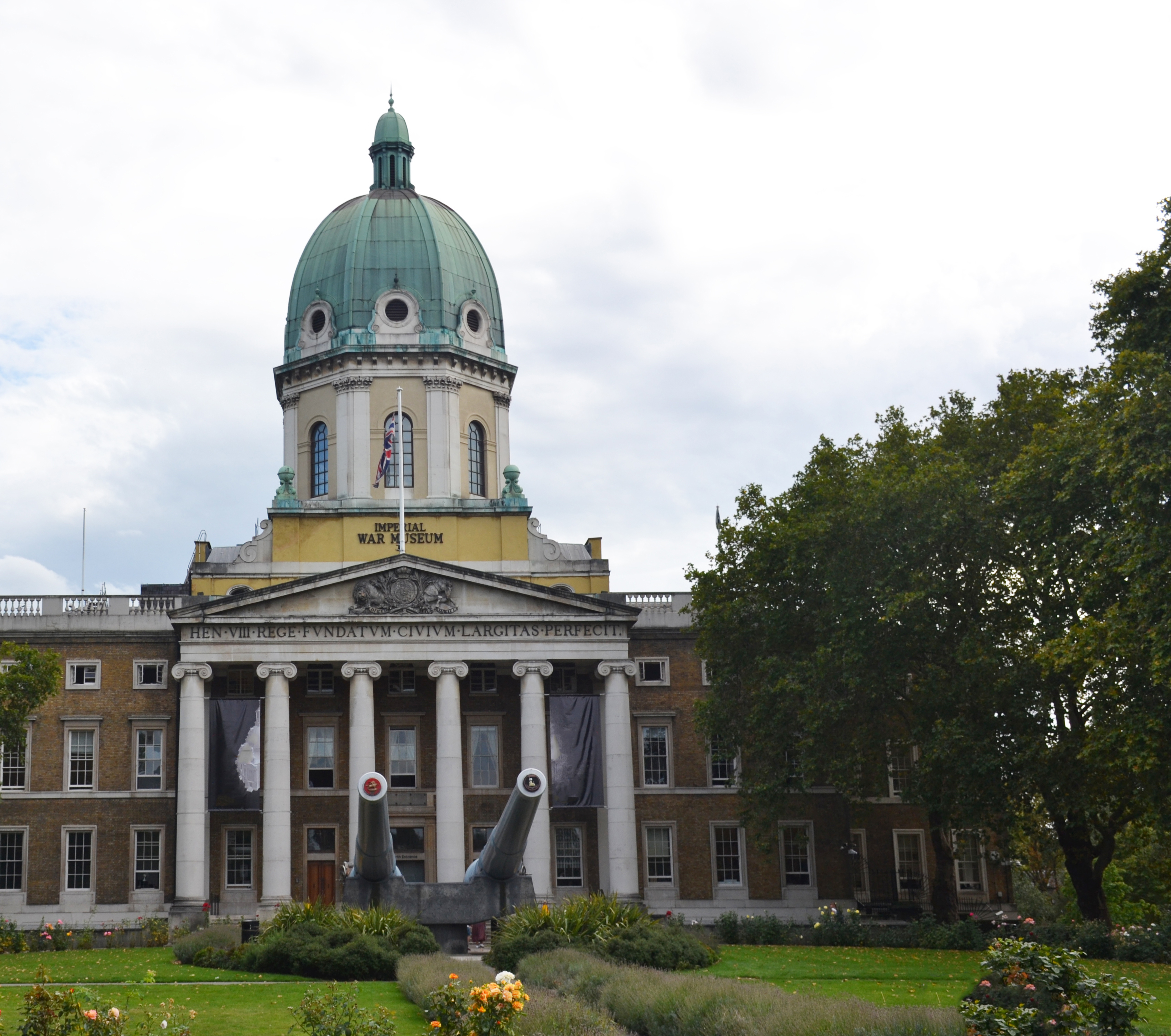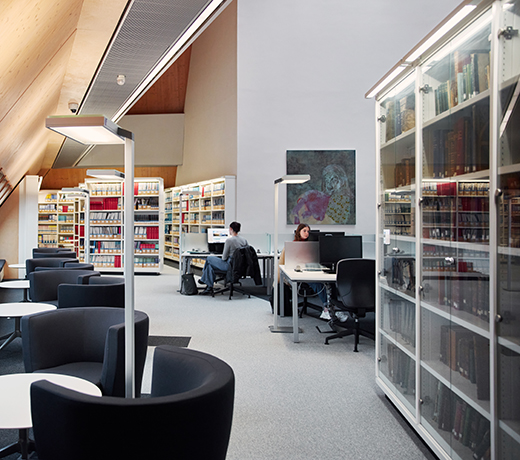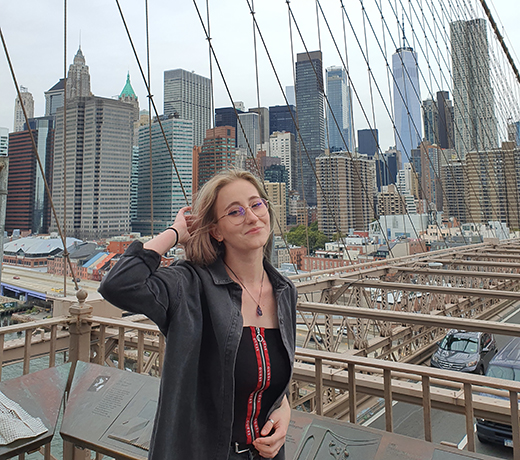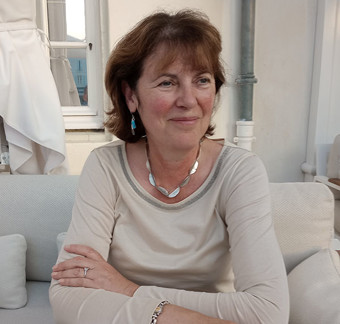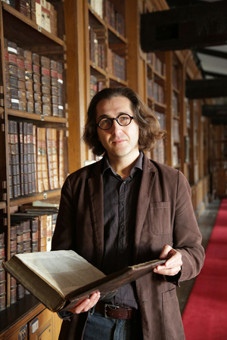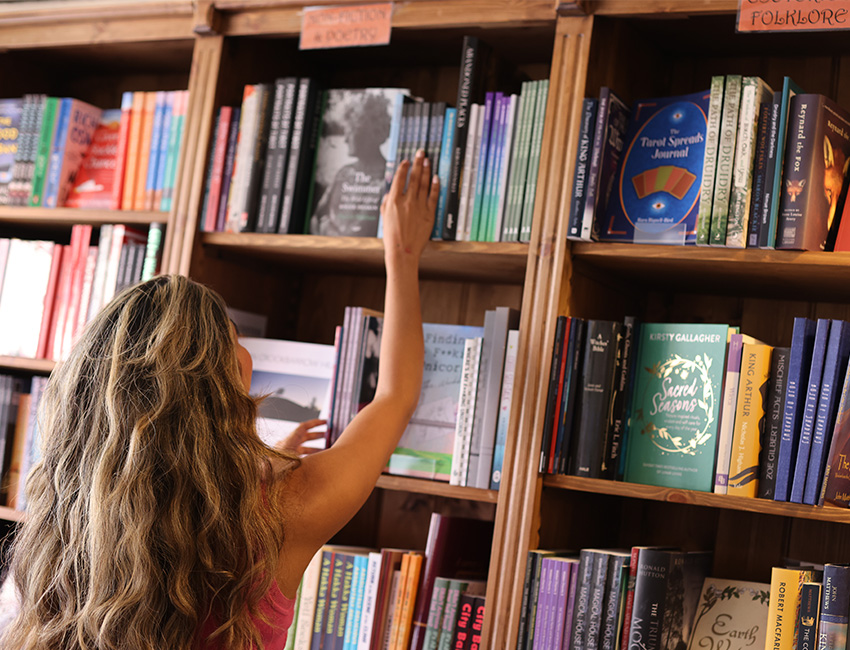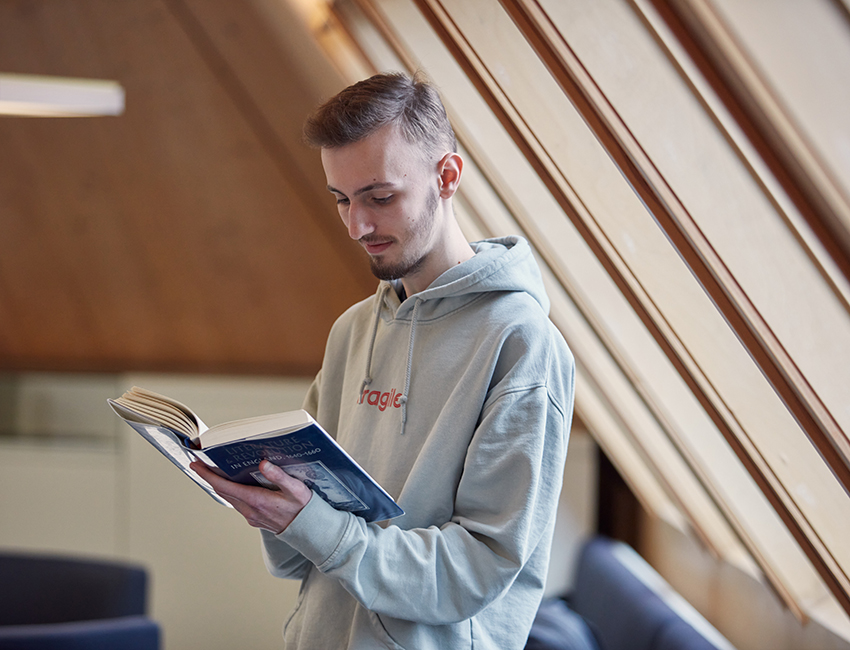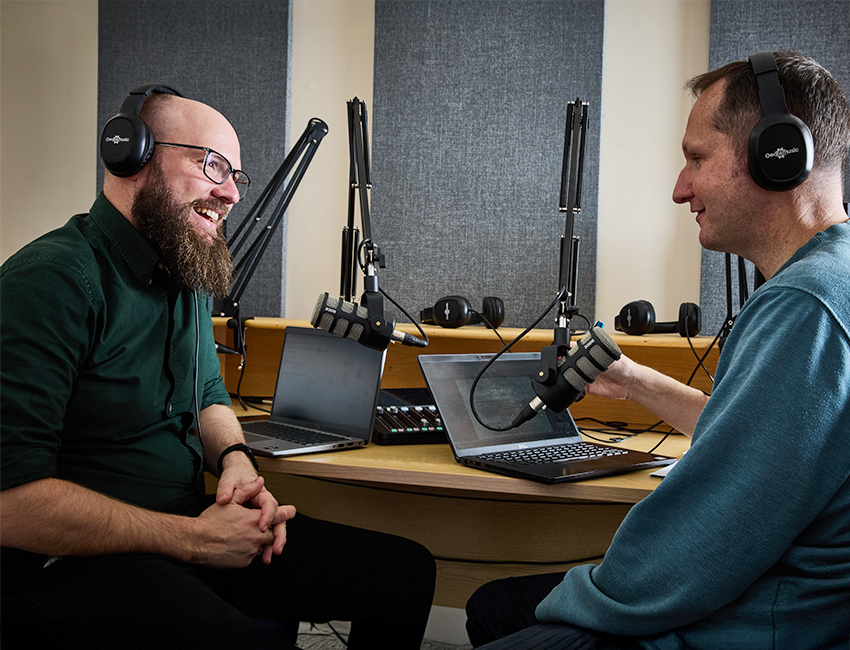Benefit from studying in a historic Cathedral city with rich cultural and archival sources. You’ll have opportunities to work with local museums, galleries, and our library's Archive and Archaeology Service to explore how literature and historic evidence shape our understanding of the past.
of literature students said that the library resources supported their learning well
of graduates go on to work or further study after 15 months
University of the Year finalist
Recognised for our graduate success, we’re shortlisted for University of the Year in the Times Higher Education Awards 2025.
Overview
Studying English Literature and History as a joint honours degree offers you the opportunity to explore the stories we tell and the histories that shape them. You’ll examine how literature reflects, responds to, and even influences historical events and cultural movements from the early modern period to the present day.
Your lecturers are published researchers and experienced teachers, many of whom are actively contributing to the fields you’ll be studying. Through flexible module choices, you’ll be able to tailor your degree to your interests, and benefit from their expertise in everything from Elizabethan revenge plays and postcolonial literature to the histories of race, gender, war, and social justice.
Most of your learning will take place in small, informal seminar groups, where you’ll be encouraged to make connections between literary texts and historical contexts. You’ll explore how novels, plays, and poetry engage with the social and political issues of their time, and how historical narratives are shaped by language, perspective, and power. These discussions will help you develop advanced skills in critical thinking, research, and communication which are all highly valued by employers.
In your final year, you will undertake either a history or literary dissertation, allowing you to take your interests further with a topic or genre of your choice. Our students have received recognition for the quality of their research in Literature dissertations considered for the Early Modern Research Group Prize for Interdisciplinary Research.
You’ll study in – and explore the literary heritage of – an ancient Cathedral city steeped in history, having been the location of the final battle of the English Civil War. Our students benefit from research trips to the Cathedral Library, with its priceless collection of rare books and manuscripts, as well as the twelve miles of archives stored within our University library, The Hive.
Work experience
During your time at Worcester, you’ll have the opportunity to take part in subject-related work experience and volunteering activities. In your second year, you can choose to take a work experience module, and volunteering opportunities with local and regional historical organisations are regularly publicised to all history students. These include voluntary placements with local organisations, with past work experience locations including schools, local arts and heritage organisations, and The Hive Library.
Witchcraft and the Devil
Course content
A degree in Literature and History reveals how stories and major events have shaped and continue to reshape our world. At Worcester, you can shape your degree to suit you with a range of optional modules
We regularly review our courses to reflect the latest research and developments in the subject area, as well as feedback from students, employers and the wider sector. As a result, modules may change to ensure the course remains current and relevant.
This section features a selection of optional modules that are most likely to run, based on previous student demand and course planning. Please note that optional modules will only run if enough students choose to study them, and it is not guaranteed that all modules will be available every year.
Careers
Our course has been designed with your future in mind, meaning you’ll graduate with valuable transferrable skills in writing, researching, proofreading, analytical thinking, public speaking and collaboration.
A degree in English Literature and History could be your first step toward your career as a:
- Journalist
- Historian
- Researcher
- Heritage manager
- Academic librarian
- Editorial assistant
- Lexicographer
- Publishing proofreader
Opportunities to progress
Many of our graduates choose to continue their studies with a postgraduate qualification. Popular options include:
- MA in English
- MRes in History
- MPhil/PhD in English Literature and Language
- MPhil/PhD in History
- PGCE Secondary English
- PGCE Secondary History
You’ll also benefit from a strong focus on employability throughout the course, including the chance to gain real-world experience through our optional work project module. We also encourage students to broaden their horizons by studying abroad for a semester.
Course highlights
Teaching and assessment
Teaching will be delivered through a combination of guided lectures, independent study and one-to-one tutoring sessions.
Our course has been designed to prepare you for your future career, so evaluation is not all about exams. You’ll also be assessed through essays, document analyses, article and film reviews, oral presentations, and blogs.
Teaching and assessment contents
Students will be taught by a teaching team whose expertise and knowledge are closely matched to the content of the modules on the course.
Teaching is informed by research and consultancy. All lecturers on the course have PhDs and a higher education teaching qualification or are Fellows of the Higher Education Academy.
Meet the team
A small selection of the Humanities lecturers who teach on this course.
Entry requirements
UCAS tariff points required: 104
| Qualification | Grade |
|---|---|
| A-level | BCC |
| BTEC National Extended Diploma | DMM |
| T-level | Merit |
We do accept Access to HE Diplomas and other qualifications which may not exactly match the combinations above. Work out your estimated points with the UCAS tariff calculator.
Any questions?
If you have any questions about entry requirements, please call our Admissions Office on 01905 855111 or email admissions@worc.ac.uk.
Fees
Fees contents
UK and EU students
In 2026/27 the standard fee for full-time home and EU undergraduate students on BA/BSc/LLB degrees and FdA/FdSc degrees is £9,790 per year.
Tuition fees are reviewed annually and may increase each year for both new and continuing students.
For more details on course fees, please visit our course fees page.
International students
In 2026/27 the standard tuition fee for full-time international students enrolling on BA/BSc/LLB degrees and FdA/FdSc degrees is £17,200 per year.
Tuition fees are reviewed annually and may increase each year for both new and continuing students.
For more details on course fees, please visit our course fees page.
How to apply
How to apply contents
Applying through UCAS
UCAS is the central organisation through which applications are processed for full-time undergraduate courses in the UK.
Read our how to apply pages for more information on the application process, or if you’d like to apply for part-time study.
English Literature and History BA (Hons) - QV31
Contact
If you have any questions, please get in touch. We're here to help you every step of the way.
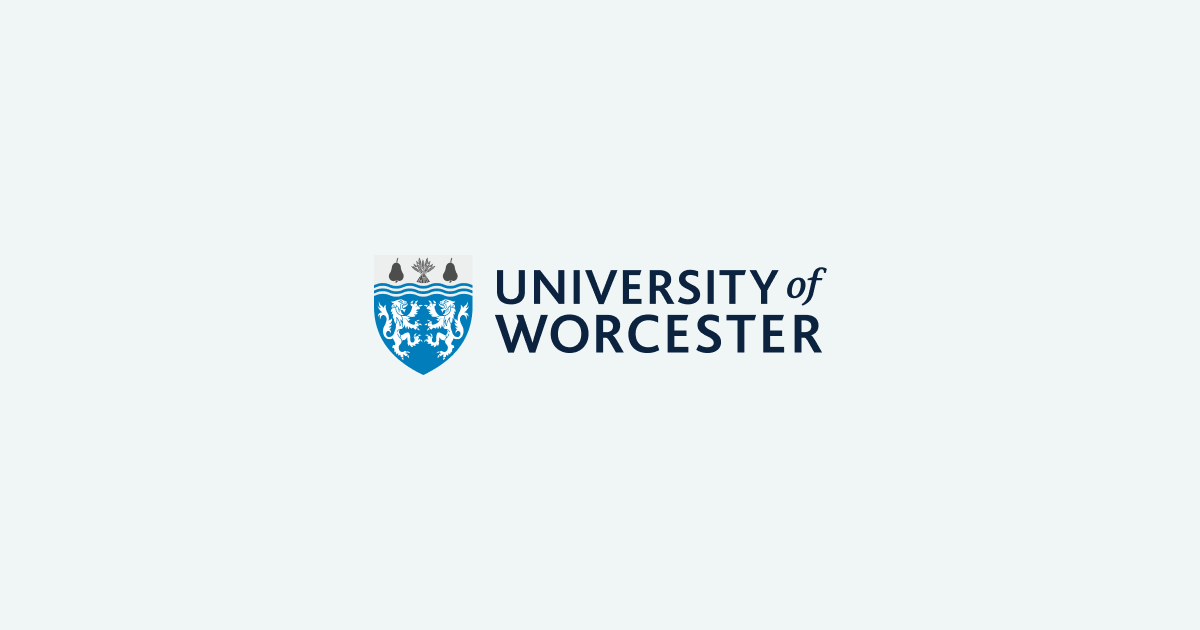

Admissions Office
admissions@worc.ac.uk01905 855111More to explore
Open Days
Visiting us is the best way to get a feel for student life at the University of Worcester.

The City of Worcester
Worcester is a welcoming university city with great transport links and plenty of student parking.

Accommodation
Benefit from our accommodation guarantee. We have rooms on campus to suit every budget including en-suite options.


